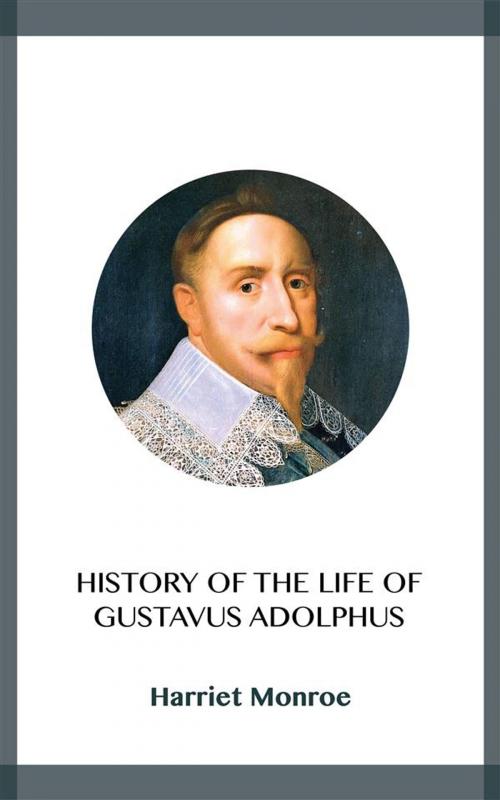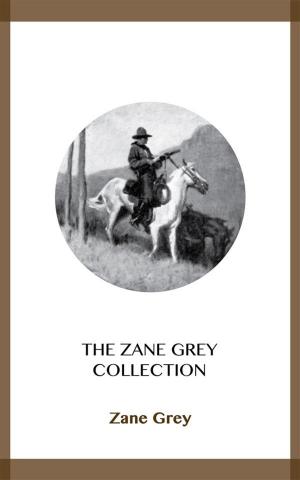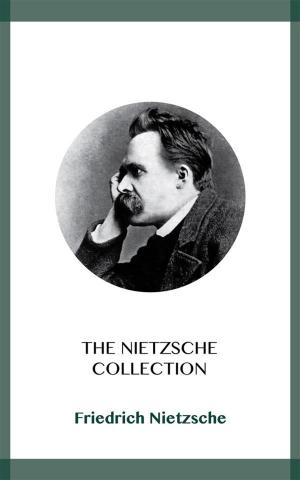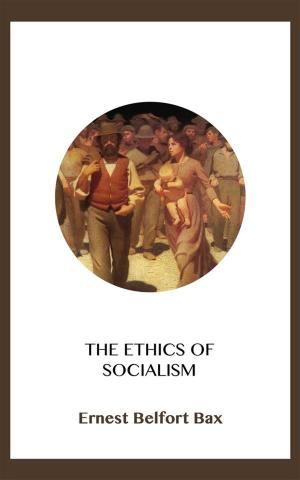History of the Life of Gustavus Adolphus
Nonfiction, History, Scandinavia, Modern, 17th Century, Biography & Memoir, Historical| Author: | Harriet Monroe | ISBN: | 9788828370710 |
| Publisher: | Blackmore Dennett | Publication: | August 7, 2018 |
| Imprint: | Language: | English |
| Author: | Harriet Monroe |
| ISBN: | 9788828370710 |
| Publisher: | Blackmore Dennett |
| Publication: | August 7, 2018 |
| Imprint: | |
| Language: | English |
In giving this sketch of the life of Gustavus Adolphus, no attempt has been made to present a complete life of the great king.
It is a history difficult for young people to understand, and for that reason only the leading events of a most eventful life have been presented.
It was first written for a lecture and entertainment, after the manner of my other entertainments on Church epochs, to be illustrated by stereopticon views, with three dramatic interludes—the first representing the joy of the Swedish people on Gustavus coming to the throne; the second showing Gustavus taking leave of his Parliament and friends as he is about to embark on the Thirty Years' War; the third, an act called "The Women who Loved Him." The evening was to open and close with church processionals in the native peasant costumes of Sweden and other Protestant countries of Europe.
It has been deemed best to present the story in book form, which will differ somewhat from the original lecture and dramatic representations, for the reason that pictures do away with the necessity for many words.
In giving this sketch of the life of Gustavus Adolphus, no attempt has been made to present a complete life of the great king.
It is a history difficult for young people to understand, and for that reason only the leading events of a most eventful life have been presented.
It was first written for a lecture and entertainment, after the manner of my other entertainments on Church epochs, to be illustrated by stereopticon views, with three dramatic interludes—the first representing the joy of the Swedish people on Gustavus coming to the throne; the second showing Gustavus taking leave of his Parliament and friends as he is about to embark on the Thirty Years' War; the third, an act called "The Women who Loved Him." The evening was to open and close with church processionals in the native peasant costumes of Sweden and other Protestant countries of Europe.
It has been deemed best to present the story in book form, which will differ somewhat from the original lecture and dramatic representations, for the reason that pictures do away with the necessity for many words.















